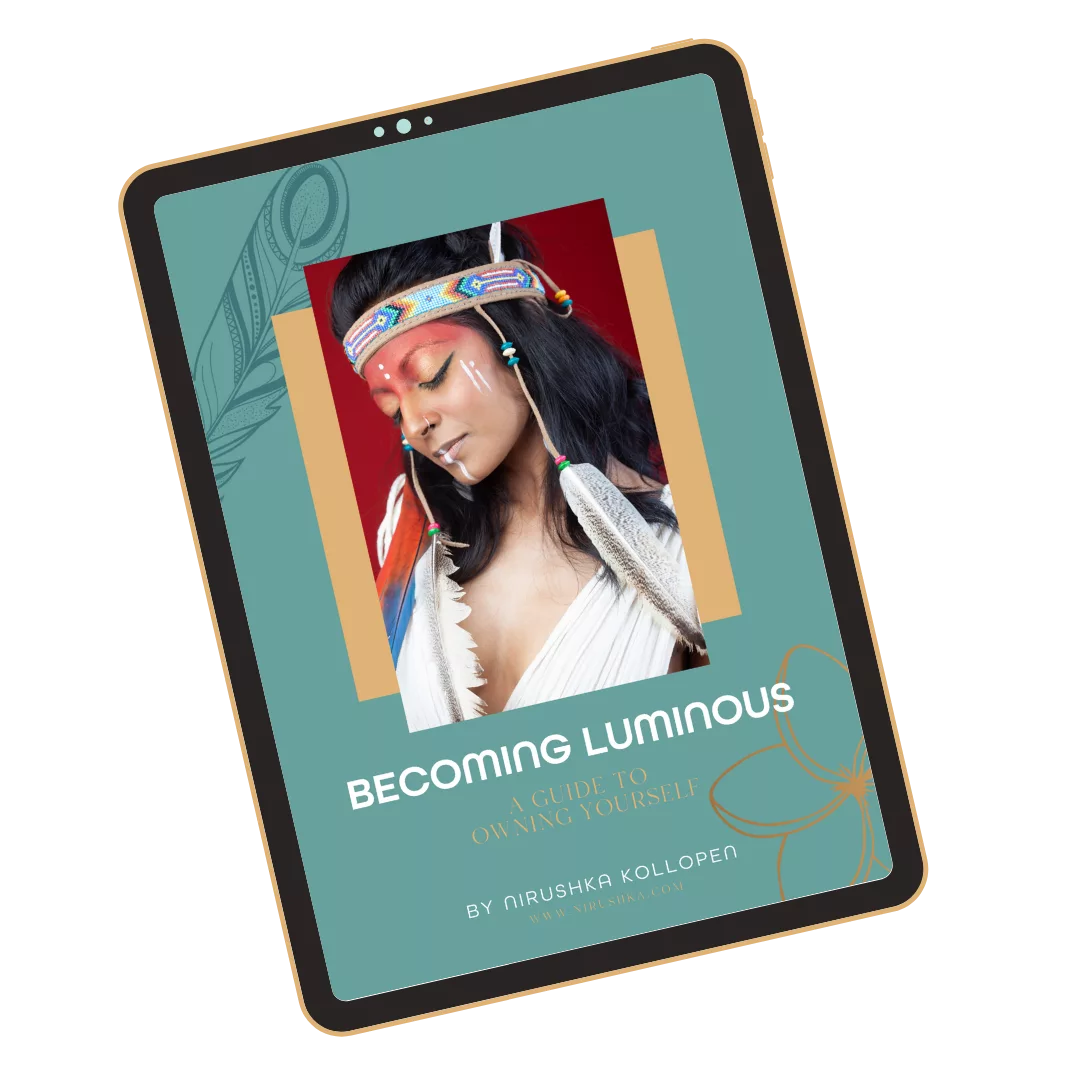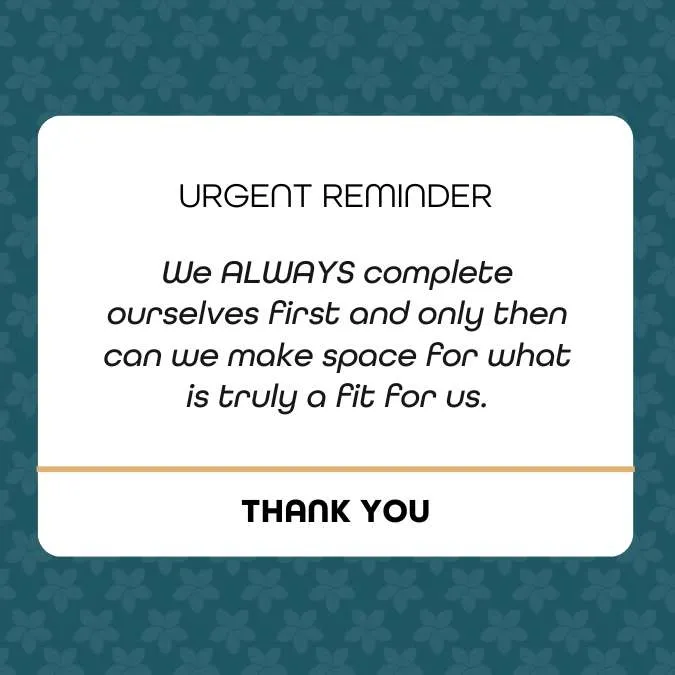
Control and Shame
Control and Shame
Sometimes when we are so concerned with controlling every aspect of our lives, the people in it and how things go. We’re actually dealing with deep shame that lives at the center of that control. We may think it’s just the way we are, it’s just that we like things to be a certain way and we expect a higher standard from people. All the while we are actually ashamed of who and how we are, and we use control as the mechanism to bypass feeling how we truly feel. Let me illustrate this point.
I was thinking back to my childhood and how an incident with receiving a Barbie doll caused me deep shame and how later, this shame was actually managed through the mechanism of control. I remembered that I hadn’t received the doll because my caregivers got it out of their own free will, but I received it because I manipulated them into it.
I was 7 at the time. I remember going grocery shopping with my family and seeing a doll I really, really wanted. Of course, my family was not going to stop and get it so I did what a lot of 7-year-olds do sometimes – I threw a tantrum on the floor of the grocery store. Arms wailing, voice screeching and tears rolling down my face, I completely embarrassed my family! Those of you with little children may identify with this scene. Those of you who ever witnessed someone else’s child do this, have felt the embarrassment of the mother/father and felt your own judgments come up about their parenting style. It’s an eyesore!
I remember the drive back home being quiet as I successfully manipulated, or embarrassed, my family into getting me the doll. However, I didn’t feel a sense of satisfaction. As a 7-year-old, I felt horrified and disgusted by my own behavior. I knew that it wasn’t the ‘right thing to do’ and very soon I started feeling awful about myself. So what did I do?
The next time we went grocery shopping I made sure I behaved like a ‘good girl’ and that I never threw a tantrum again. It didn’t stop there, it was a thought pattern, that was born in my 7-year-old self and maneuvered its way into adulthood, as I began controlling what I allowed myself in situations with people and things. The shame of thinking I was a ‘bad girl’ was so overwhelming I would make sure that I behaved in a way that was more resonant of someone good. I kept myself in line.
We do this when we feel deep shame. We make ourselves bad and wrong for being a certain way, based on what society says is valuable and acceptable, or not. We try to control the outcomes in our lives just so that we can avoid feeling that awful feeling of being ‘bad’ and ‘wrong’. Shame erodes our sense of self; it erodes our sense of being in the world. When we feel shame we cause a split within ourselves and what develops from there are all sorts of fanciful alterations to who we are, just to avoid being ‘wrong’. These can stay with us for a really long time. We may start people pleasing, just so that we can feel ‘good’ again, even when it is to our detriment. We may start suppressing our voice and our truth, just so that we can feel like we belong. This may start to feel painful. Essentially all the pain we feel is due to us separating from our sense of wholeness.
So what can we do in order to move out of shame?
- We can get honest with ourselves about how we feel about the situation.
- We can get honest about what we really feel beyond our need to control ourselves, our environment, and our loved ones.
- We can find people who are loving, kind, and supportive as we speak out on our shame.
- We can open to our wholeness and allow ourselves to receive good things from people in our lives and from life itself.
- We can stop apologizing for taking up space and instead say thank you to the people who are willing to hold us in our pain.
In love and gratitude,




Need more guidance?
If you want to work with me 1:1 CLICK HERE to enroll for my coaching program where I tailor a process specifically for YOUR transformation.







